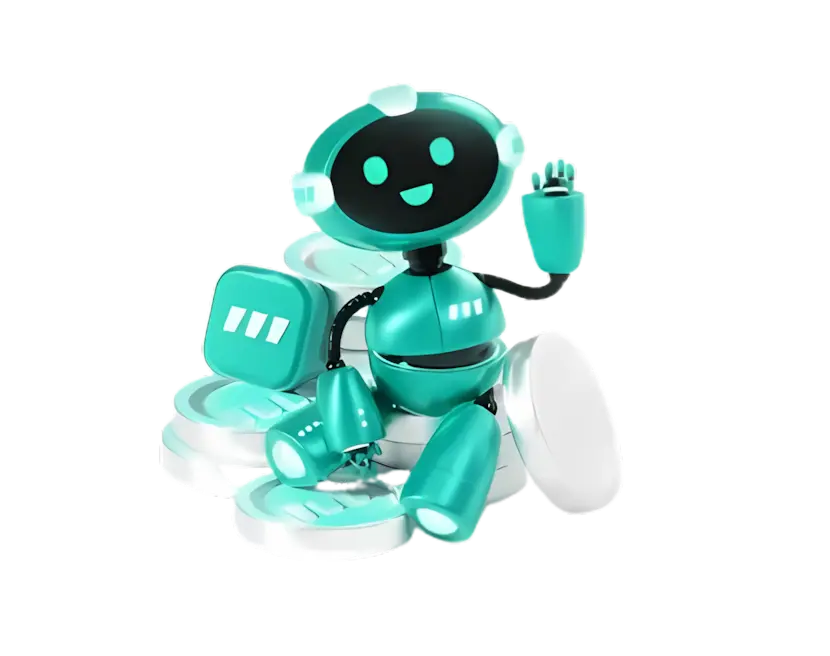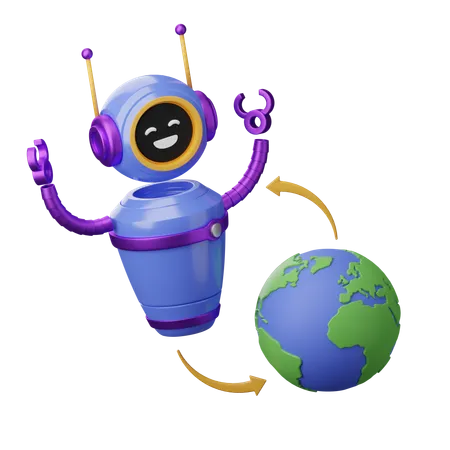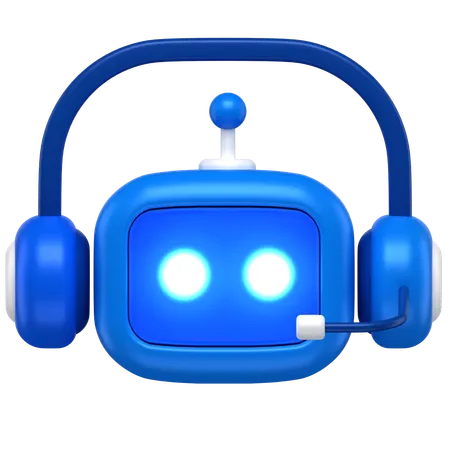AI Agents
AI Agents: Build Smart & Automated AI Systems

AI Agents are currently a booming word in the IT industry. Learning an AI Agents course is going to be significant for your career. The 2 components of the term ‘AI Agents’ can give us a better understanding of it. AI or Artificial Intelligence means non-biological forms of intelligence built using computers and machines that can perform tasks that typically require human cognition, such as learning, problem-solving, decision-making, etc. The term ‘agent’ simply refers to a person who acts on behalf of another person, or an organization to achieve a goal. Combining these two terms, the AI Agent is an autonomous entity aware of its environment that can process information and take action to achieve specific goals. Streaming platforms like Netflix use learning AI agents to provide personalized content. They analyze user behavior, watch history, genre, viewing time, etc. to understand preferences.
An AI Agent can perform self-determined tasks to meet predetermined goals set by humans. They can process vast amounts of data, learn from interactions, and act independently. AI agents are reshaping the IT job market by automating repetitive tasks, enabling smart decision-making, and optimizing workflows. They will replace some traditional jobs, but they will also create new job opportunities. To become an AI Agent developer, you require programming skills, AI knowledge, and expertise in automation tools. Python is one of the widely used languages in AI development. Skills in machine learning models, neural networks, and NLP (Natural Language Processing) are necessary to build AI applications. You must also be proficient in API integrations, database management, and cloud-based AI services to become an AI developer. IT professionals can future-proof their careers by acquiring these skills in the growing AI landscape.

AI Agents
AI Agent Course in Kerala

Our AI Agents course is a comprehensive program that covers everything from Python programming to building AI-powered automation tools. Python basics, data structures, object-oriented programming, etc. will be covered in the beginning and will progress into data science, machine learning, and deep learning. Then we will deep dive into NLP and AI agents. The course also covers LLMs, LangChain, prompt engineering, and API-based AI integration. You will also learn low-code AI automation tools such as n8n to build AI-driven workflows as part of the curriculum. Our AI agent training program is available both offline and online, offering students flexible ways to acquire these high-demand career development skills.
AI Agents
AI Agents Development Course
Week 01
Week 01
Python Basics and Data Structures
Week 02
Week 02
Python OOP, Exception Handling & JSON
Week 03
Week 03
Python for Data Science & Exploratory Data Analysis (EDA)
Week 04
Week 04
Machine Learning Algorithms (Part 1)
Week 05
Week 05
Machine Learning Algorithms (Part 2)
Week 06
Week 06
Introduction to Deep Learning & Neural Networks
Week 07
Week 07
Natural Language Processing (NLP) & Transformers
Week 08
Week 08
Introduction to AI Agents
Week 09
Week 09
LangChain & API-based AI Agents
Week 10
Week 10
Low-Code AI Automation
Week 11 & 12
Week 11 & 12
Capstone Project – AI-Powered Automation
Python Basics & Data Structures
✓ Python installation, environment setup, and Jupyter Notebook.✓ Operators, functions, loops, and conditionals.
✓ Data structures: Lists, Tuples, Sets, and Dictionaries.
✓ File handling (text, CSV, JSON) and modular programming.
Python OOP, Exception Handling & JSON
✓ Object-Oriented Programming (Classes, Objects, Methods)✓ Exception handling and debugging techniques.
✓ Python Modules, Packages, and File Handling.
✓ Working with JSON: Parsing and Serialization.
Python for Data Science & Exploratory Data Analysis (EDA)
✓ Introduction to NumPy & Pandas.✓ Data manipulation and preprocessing with Pandas.
✓ Data visualization techniques and plotting.
✓ Cleaning and analyzing real-world datasets.
Machine Learning Algorithms (Part 1)
✓ Introduction to Supervised Learning: Regression & Classification.✓ Linear & Multiple Linear Regression models.
✓ Classification models: Logistic Regression, Decision Trees, Random Forest.
✓ Model evaluation: Accuracy, Precision, and Recall.
Machine Learning Algorithms (Part 2)
✓ Unsupervised Learning: Clustering (K-Means, Hierarchical).✓ Dimensionality Reduction techniques (PCA).
✓ Introduction to Reinforcement Learning.
✓ Implementing clustering & PCA using Scikit-Learn.
Introduction to Deep Learning & Neural Networks
✓ Basics of Neural Networks and Deep Learning.✓ Introduction to TensorFlow and Keras.
✓ Building and training a simple Neural Network.
✓ Evaluating deep learning models.
Natural Language Processing (NLP) & Transformers
✓ NLP Fundamentals: Tokenization, Stemming, Lemmatization.✓ Word Embeddings: Word2Vec, BERT.
✓ Introduction to Transformers: GPT, BERT, LLaMA.
✓ Using Hugging Face Transformers for NLP tasks.
Introduction to AI Agents
✓ What are AI Agents and their types (Reactive, Proactive, Learning, Multi-Agent)?.✓ Using LLMs for AI Agents.
✓ Fine-tuning vs API-based approaches.
✓ Memory & context management in AI conversations.
LangChain & API-based AI Agents
✓ Prompt Engineering: Zero-shot & Few-shot learning.✓ Chain-of-thought prompting and advanced techniques.
✓ LangChain framework for AI workflows.
✓ OpenAI function calling & Hugging Face models integration.
Low-Code AI Automation
✓ Introduction to Low-Code AI Agents.✓ n8n interface and workflow automation.
✓ Automating email responses and customer interactions.
✓ Building Telegram chatbots with AI.
Capstone Project – AI-Powered Automation
✓ Choose a final project (AI chatbot, email automation, etc.).✓ Developing and testing AI-powered applications.
✓ Presenting live demos and showcasing project work.
✓ Career guidance and next steps in AI development.






